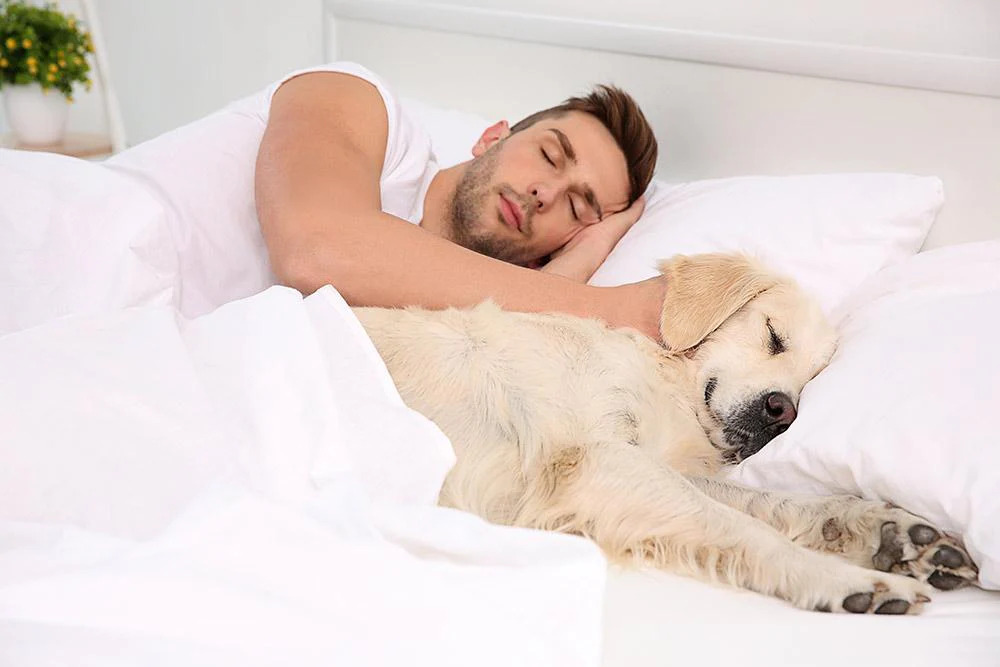The health benefits and risks of pet ownership
-

- by Admin
- Nov 19, 2024

There's a reason dogs are dubbed man's best friend. Dogs—and cats, too—make wonderful companions and provide many emotional and physical benefits. "I'm a believer in the beneficial effects of having a pet, and I'm impressed with the ability of dogs in particular to form bonds with human beings. I think the science is starting to support their special ability to do that," says psychiatrist Dr. Greg Fricchione, director of the Harvard-affiliated Benson-Henry Institute for Mind Body Medicine. However, there are a number of considerations to mull over before adding a pet to your household.
Benefits
The most obvious benefits of pet ownership are love and companionship. "We do best medically and emotionally when we feel securely attached to another, because we're mammals and that's the way we've evolved," says Dr. Fricchione. He points out that we feel especially secure with dogs and cats because of the unconditional love they provide. "No matter what you do or say, your dog or cat accepts you and is attached to you," says Dr. Fricchione. Taking care of a dog or a cat can provide a sense of purpose and a feeling of validation when you wake up or come home and there's someone who's happy to see you.
The emotional benefits of having a pet can translate into physiological ones as well. "When you feel securely attached to this living being, there are biological brain effects that reduce stress response, so it may affect your breathing rate or blood pressure or oxygen consumption or anxiety level," says Dr. Fricchione. "There was even a recent study in the journal Science about how oxytocin is boosted in both the dog and the human when a dog owner stares into the eyes of the dog. That's really fascinating." Oxytocin is one of the body's "feel good" chemicals and also plays a role in social bonding.
Other physical benefits of owning a dog or a cat come from the activity necessary to take care of it, such as playing with the animal or taking it for a walk. And there can be social benefits of dog walking if you meet other people along the way.
Risks
It's not always easy caring for pets, however, and sometimes having them in the home poses health hazards for older adults. "If you have problems with gait and stability and your pet can get under your feet or jump up and knock you over, then falls and broken bones are a real danger," says Dr. Fricchione.
There are also sanitary risks associated with pet ownership. Animals can carry parasites that can be transferred to humans. Cats in particular carry a parasite called Toxoplasma gondii, which can get into your brain and cause a condition known as toxoplasmosis. People with compromised immune systems are especially vulnerable to this. Animal feces carry all kinds of bacteria that can make you sick. Dogs and cats can also cause allergic reactions in some pet owners.
What you can do
Before getting a pet, consider if you're physically and mentally able to care for it. Do you have the memory skills to remember to feed the animal? Do you have the energy, strength, and mobility to feed it, play with it, clean up after it, and, in the case of dogs, take it for daily walks? Do you have the financial means to pay for pet food, grooming, and visits to the veterinarian? If you feel you have the physical, mental, and financial means to care for a pet, take the pet's size into consideration—not too big and not too small. Avoid puppies, which require a great deal of training, time, and energy—just like having a new baby. And consider the animal's personality.
0 Comments:
Leave a Reply